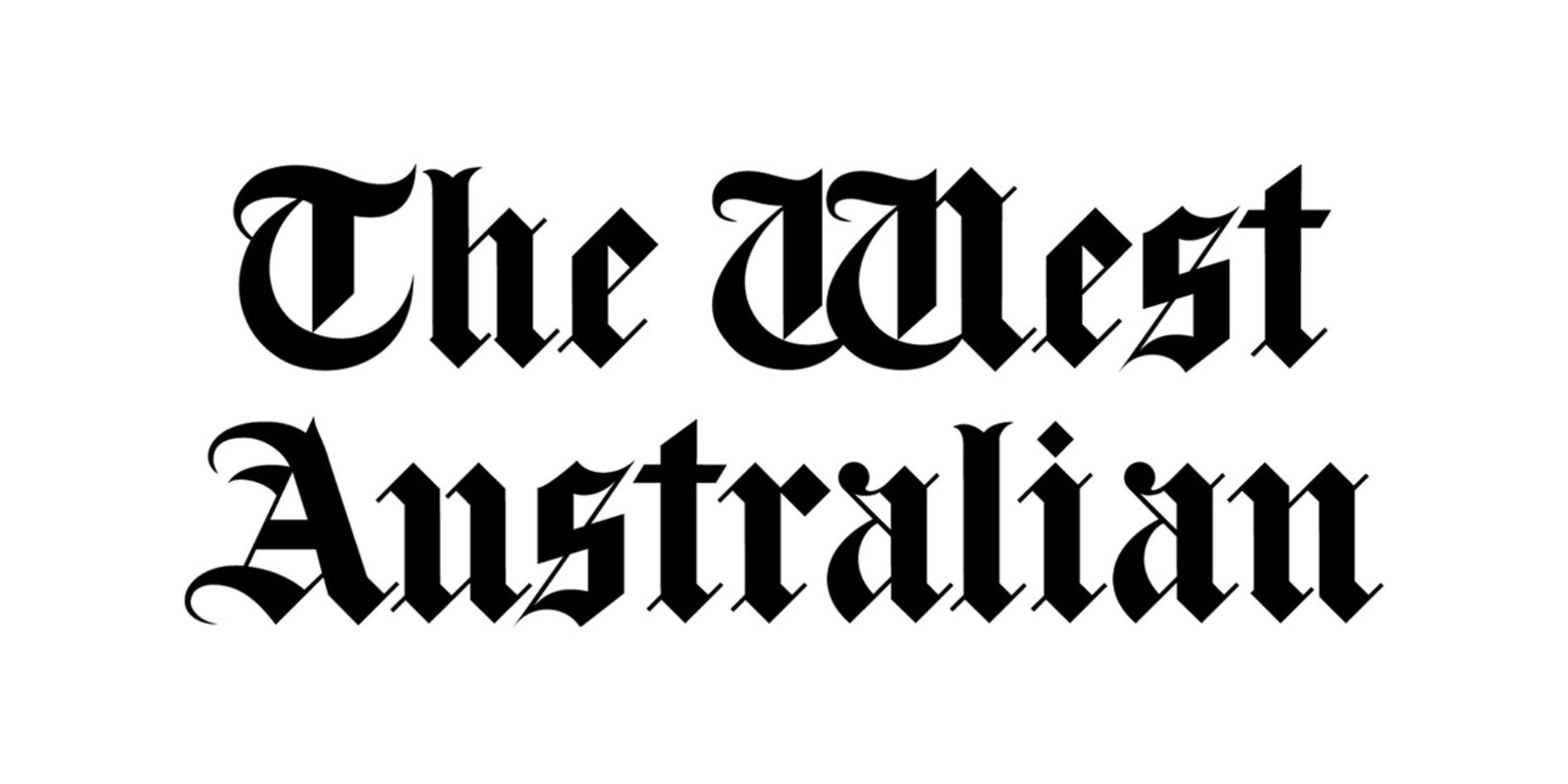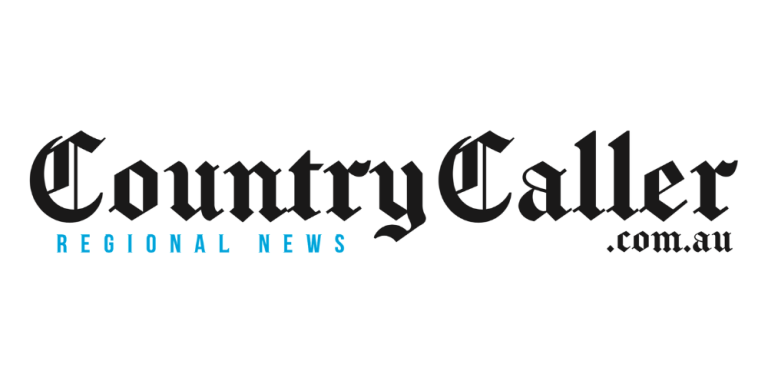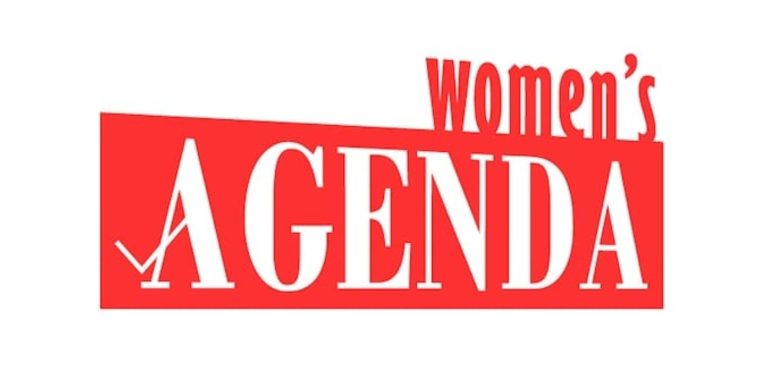The West Australian: Government’s $5m boost to get more women in politics from all parties
Article by Katina Curtis, originally published in The West Australian on 3 April
The Government has handed over $5 million to train thousands of women to run for politics — even those from opposing parties — as part of a push to make Australian parliaments more representative of the community.
Women for Election is leading a group of organisations that will expand their training programs and create a “campaign in your pocket” resource to recruit more female candidates over the next four years. During that time, every jurisdiction will have an election.
Although the training is “political” — in that it gives potential candidates tools to seek preselection and run a campaign — the organisations are non-partisan and seek to elevate more women into elected positions no matter their political stance.
The Government has handed over $5 million to train thousands of women to run for politics — even those from opposing parties — as part of a push to make Australian parliaments more representative of the community.
Women for Election is leading a group of organisations that will expand their training programs and create a “campaign in your pocket” resource to recruit more female candidates over the next four years. During that time, every jurisdiction will have an election.
Although the training is “political” — in that it gives potential candidates tools to seek preselection and run a campaign — the organisations are non-partisan and seek to elevate more women into elected positions no matter their political stance.
Women for Election chief executive Licia Heath said the $5 million was an investment in strengthening Australian democracy.
“It’s vital that people from diverse communities can see themselves in their political representatives, that they feel they have a voice in the halls of power and decision-making and can readily maintain their faith in political institutions,” she said.
“Gender equality and providing opportunities for more women to run is not just good public policy, it’s a crucial pathway to electoral success at the polls.”
Her organisation will work with ANU’s Global Institute of Women’s Leadership, Quantum Impact Group, the Australian Local Government Women’s Association, Victorian-based councillor trainer Ruth McGowan, and Politics in Colour.
ALGWA national president Marianne Saliba said their experience in mentoring candidates and elected representatives had helped keep women in elected positions.
“The evidence demonstrates that the more women and the more diverse representation you have in office, the better the public policy outcomes — when women take part in politics, the whole society benefits,” she said.
More than 40 alumni of the Women for Election training ran in last year’s Federal campaign, including the now-Member for Curtin Kate Chaney.
Others in the WA contingent include the Democrats’ lead Senate candidate Elana Mitchell, who said the support network created of people all experiencing the same things was as valuable as what she learned during the course.
“Every single woman I’ve met through WFE, they weren’t there because they wanted a career in politics, they were there because they wanted to serve on some level,” she said.
“It was, I think, a really different atmosphere to say, your local branch meeting of your local major party, which would be dominated by men all who want a career in politics.”
There was a reassurance that “you have every right to be doing this” but no sugar coating of the challenges ahead.
“They did not for a second kid you that it was not going to be hard work, it was not going to consume your life for a while and consume the lives of your friends and your family,” Ms Mitchell said.
“(They) were also really, really clear that you may not succeed the first time around, but the important thing was to run.”
Independent candidate for Hasluck Jeanene Williams is already gearing up for a second tilt at the seat in the next Federal election.
She found the training useful in crystallising her purpose for running, as well as offering practical tips such as how to get nomination paperwork done, avoiding the pitfalls of multiple nationalities, and the legal timelines.
“They also went through a lot of really good stuff on advice on how to do some promotion of yourselves, how to make yourself safe during the election, which for myself as a transgender woman was a pretty important aspect,” she said.
Ms Williams saw the need to have a diverse collection of candidates running for election as vital to creating parliaments more representative of society.






